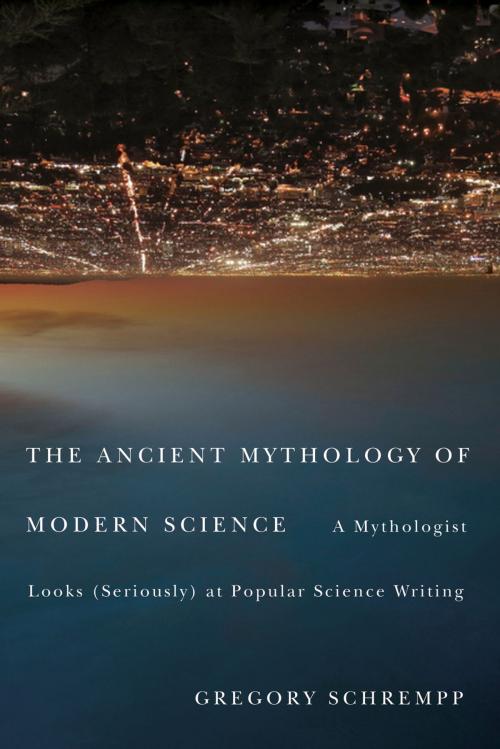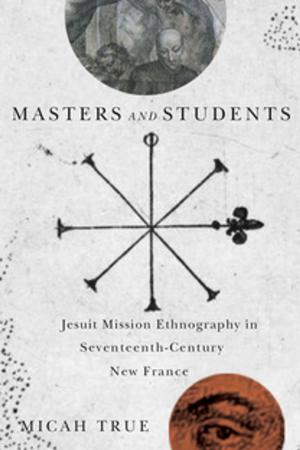Ancient Mythology of Modern Science
A Mythologist Looks (Seriously) at Popular Science Writing
Nonfiction, Social & Cultural Studies, Social Science, Folklore & Mythology| Author: | Gregory Schrempp | ISBN: | 9780773587489 |
| Publisher: | MQUP | Publication: | March 9, 2012 |
| Imprint: | MQUP | Language: | English |
| Author: | Gregory Schrempp |
| ISBN: | 9780773587489 |
| Publisher: | MQUP |
| Publication: | March 9, 2012 |
| Imprint: | MQUP |
| Language: | English |
Humans have long been captivated by mythology and theorized about the lessons embedded in their tales. In The Ancient Mythology of Modern Science, Gregory Schrempp brings a mythologist's critical eye to popular science writing, a flourishing genre that forms a key link between science and popular consciousness. Schrempp argues that the defining and appealing characteristic of this genre is not simplification or "dumbing-down," but the attempt to parlay scientific findings into aesthetically and morally compelling visions that offer guidance for humanity. Schrempp argues that in striving for inspirational visions, popular science invariably reproduces - with ingenious invention - the structures, strategies, and cosmic imagery that infuse traditional mythological views of the cosmos. His claim challenges the widespread tendency to separate myth and science. Schrempp considers both the intellectual history of mythography and concrete examples from world mythologies including ancient Greek, Oceanic, and Native American. Schrempp's explorations span a range of fields, including astronomy, evolutionary biology, and cognitive science. In a world informed, transformed, and sometimes mesmerized by science, this book offers the first in-depth study of popular science writing from a mythologist's perspective.
Humans have long been captivated by mythology and theorized about the lessons embedded in their tales. In The Ancient Mythology of Modern Science, Gregory Schrempp brings a mythologist's critical eye to popular science writing, a flourishing genre that forms a key link between science and popular consciousness. Schrempp argues that the defining and appealing characteristic of this genre is not simplification or "dumbing-down," but the attempt to parlay scientific findings into aesthetically and morally compelling visions that offer guidance for humanity. Schrempp argues that in striving for inspirational visions, popular science invariably reproduces - with ingenious invention - the structures, strategies, and cosmic imagery that infuse traditional mythological views of the cosmos. His claim challenges the widespread tendency to separate myth and science. Schrempp considers both the intellectual history of mythography and concrete examples from world mythologies including ancient Greek, Oceanic, and Native American. Schrempp's explorations span a range of fields, including astronomy, evolutionary biology, and cognitive science. In a world informed, transformed, and sometimes mesmerized by science, this book offers the first in-depth study of popular science writing from a mythologist's perspective.















